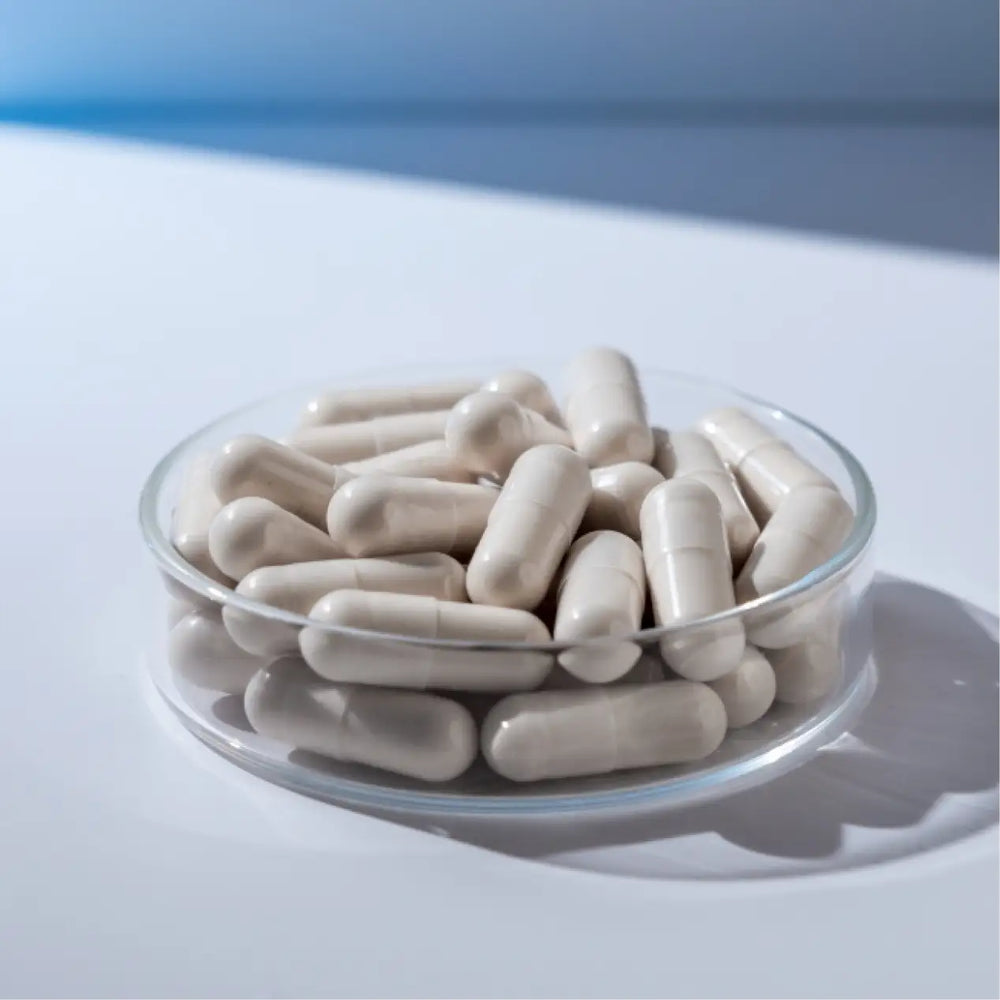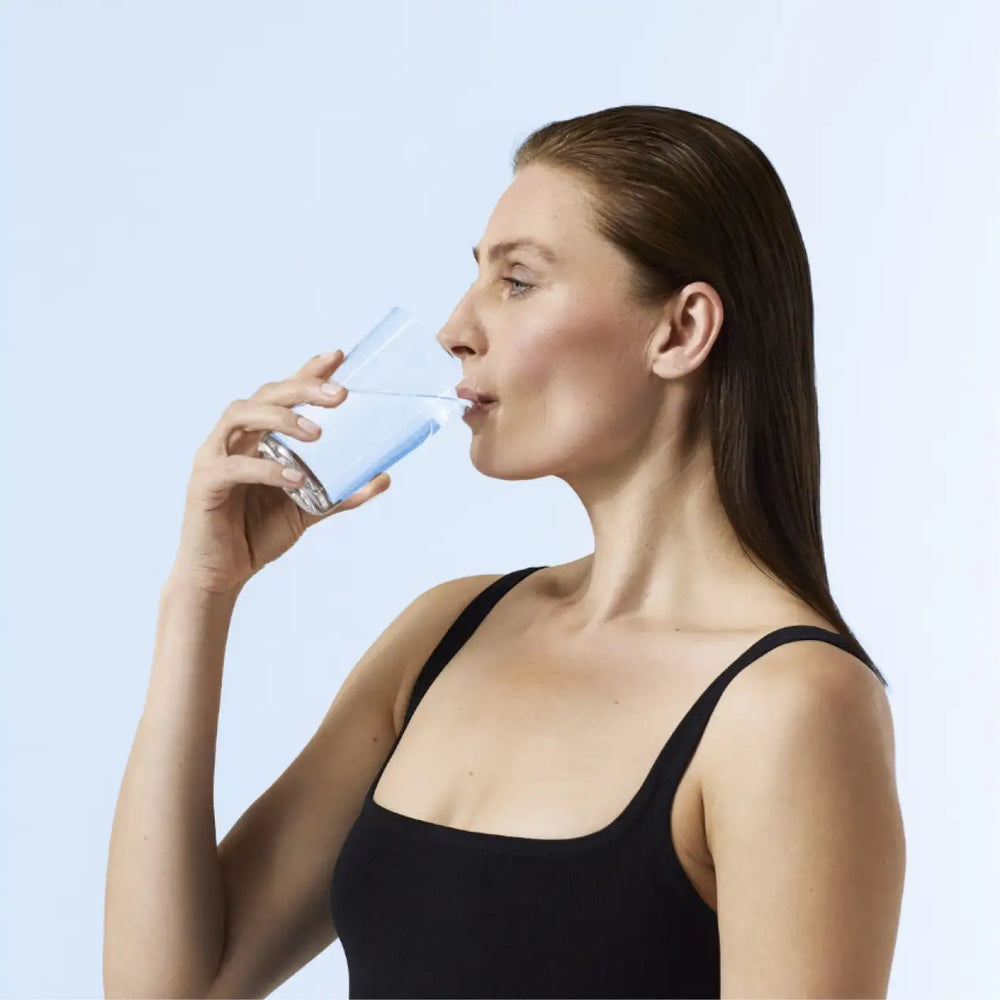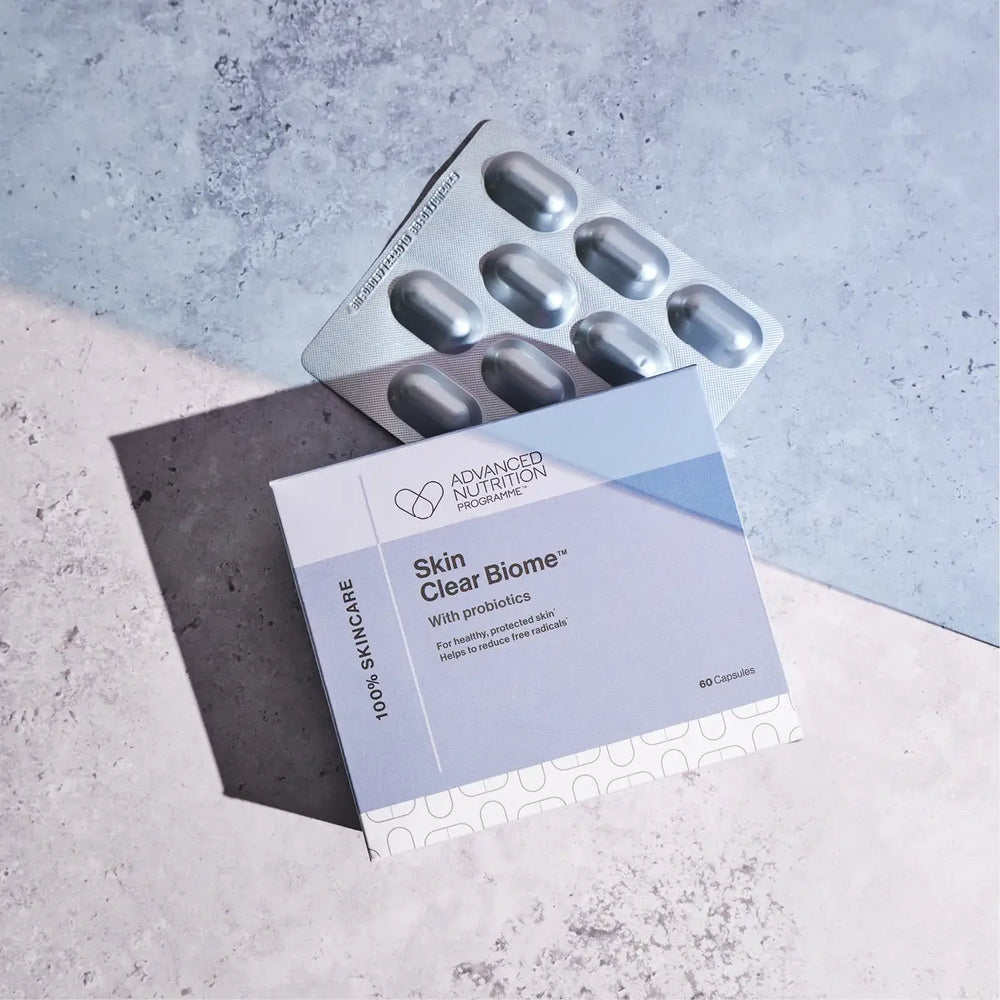8 Tips for Managing Problematic Skin
Posted on June 10 2022
We’ve all likely had some experience with problematic skin, spots or pimples. While some are lucky enough to only suffer with it through puberty, others can unfortunately experience the side effects well into their adult lives. It affects an estimated 80% of people between the ages of 11- 30 years¹, and, while it feels like just another one of life’s curveballs, it can lead to low self-esteem and poor self-confidence.
To understand how to manage problematic skin, it’s important to first understand how and why it happens.
What are the causes of problematic skin?
Problematic skin can occur when bacteria grows inside the pores of the skin blocking them with dead skin cells. This is most common during puberty due to the higher levels of hormones causing the pores to enlarge and produce more oil, also known as sebum. This extra oil is what causes the blockage and allows dead skin cells to become trapped and bacteria to grow, resulting in whiteheads, blackheads and pimples2. From this bacteria, inflammation, redness, and pain can occur. Problematic skin can be localised to the face but can also appear all over the body including on the chest and back.
In some instances, problematic skin can affect people who naturally have more oily skin. Unfortunately, age and skin type aren’t things we can change, however there are some simple tips that you can implement into your everyday routine to help manage problematic skin and maintain healthy skin.

8 Tips to Manage Problematic Skin
-
Follow a healthy and balanced diet
It’s important to consume a healthy and balanced diet for your overall wellbeing but it’s just as important for your skin. With the skin being your largest organ, consuming a variety of fruits and veggies is imperative to feed your skin with necessary vitamins and minerals. Your skin can sometimes be a demonstration of what is happening on the inside when something is out of balance, so it’s important to use an inside-out approach.
-
Introduce skincare supplements to your skincare routine
Did you know that only a small amount of our diet’s vitamins and nutrients make it to our skin? Our skin unfortunately takes a back seat as the body prioritises which vital organs receive the nutrients, therefore providing it with less nutritional support. This is where supplements can help - while they should never replace a balanced diet, they can assist to fill in the gaps and support your skin health even further.
-
Topical skincare routine
Having a good quality topical skincare routine can also help to manage the symptoms of problematic skin. By introducing specific ingredients found in certain skincare products you can target the causes of problematic skin and help to reduce redness, soothe the skin, and ensure it is being properly cleansed. Consistency is key when it comes to a skincare routine!
-
Professional treatments
A professional opinion by a qualified skincare therapist is always a great idea! Not only will they be able to suggest the right topical skincare products for you, but they can also suggest a course of professional treatments to help target your problematic skin and further assist with the topical skincare results.
-
Avoid alcohol
Drinking alcohol (especially excessively) can dehydrate you and cause the sebaceous glands in the skin to produce excess oil. Not great for those already dealing with overactive sebum production!
-
Remove makeup before exercise (and before bed!)
Exercising causes you to sweat and as you sweat you want to ensure that the skin on your face is kept clean and free of anything that may cause the pores to clog. This also includes not touching your face and spreading further bacteria. If makeup is a must for you, ensure you are using a lightweight, mineral foundation that is non-comedogenic, breathable and includes ingredients that help not hinder the skin.
-
Wash bed sheets and pillowcases frequently
If your skin is problem-prone, ensure what your skin is touching is always as clean as possible. This extends to bedding (sheets, blankets, and pillowcases), as well as towels. You don’t need any further reasons to clog your pores and promote bacteria.
-
Don’t squeeze or further irritate the affected skin
As tempting as it may be, always fight the urge to touch and squeeze any pimples! This can make the matter so much worse by inflaming the area and potentially causing long term damage through scarring.
Advanced Nutrition Programme has an extensive range of skincare supplements that are aimed at assisting with problematic skin.
Sources:
- Dermatological problems of the puberty. National Library of Medicine. June 2020.
- Acne Fact Sheet, The Royal Children’s Hospital Melbourne. May 2022
100% Skincare Benefits

Skin Consultation
To begin your 100% skincare journey today, complete the online consultation quiz, and we will suggest supplements to assist in improving skin health, personalising your supplements to address your key skin concerns.

Skin Rewards
Skin Rewards is free to join, and you'll receive 50 points as our welcome gift. The Skin Rewards Program has been created for skin lovers like you, offering exclusive benefits for purchases made exclusively at Advanced Nutrition Programme.

Product Subscription
Did you know that we offer subscription program? These allow you to enjoy the convenience of auto-shipment and discounted product rates. Our subscription plans are fully flexible with no fixed contract.

